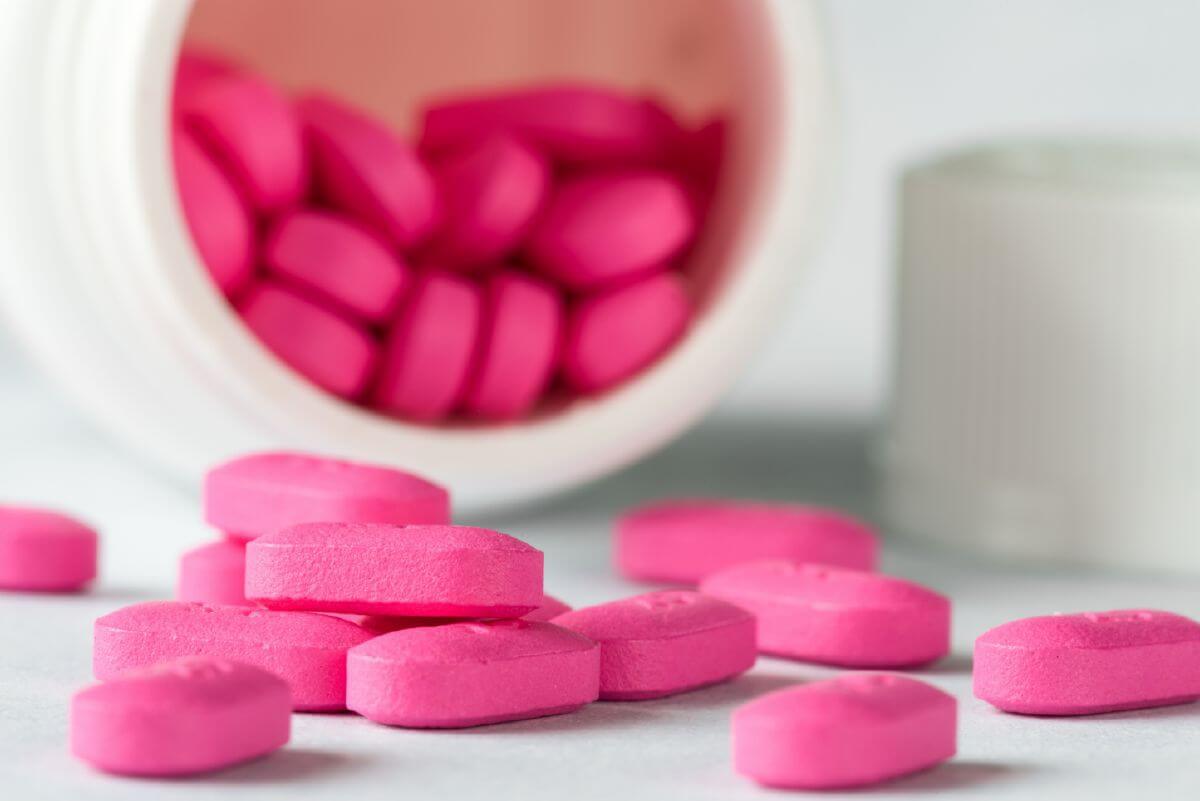There are many kinds and phases of liquor and alcohol treatments provided by care-takers. Frequently, a continuum of care benefits individuals struggling with addiction with graduated levels of structure and support. A number though fare well with just the initial care which includes inpatient programme or rehab while for some, like those who require additional assistance and longer recuperating time, proceed from initial care to sober living homes (tertiary programmes). Secondary treatment is available in some centres. Individual needs, finances, and other factors are included in defining the level of care (primary, secondary or tertiary).

After a thorough assessment the primary treatment is the first stage of recovery and consists of inpatient treatment or rehab. Once the body is completely detoxified, customers are offered structured one-on-one and group guidance. This helps them see how drug addiction influences the psyche and body. In this highly therapeutic atmosphere, clients identify triggers, build confidence, develop coping techniques and address different psychological problems that frequently accompany addiction.
Involvement by the family is highly recommended.
- Long-term recovery is influenced by primary treatment.
- The extent differs extensively but can range up to 30-90 days
- Secondary medical care is an in-between stage which starts after fulfilment of primary medical care
The ongoing treatment gives the client the change to work with therapists who address psychological and emotional issues to allow a better understanding the behaviours that lead to addiction. This phase is helpful although it is less defined compared to primary medical care. It helps the users to manage their daily routine, it has a span of one to six months.
The risk of relapse is high at this point of the treatment. As people start the process of returning to daily routines, they learn the importance of responsibility and accountability and gradually regain more control of their lives. Secondary treatment for the most part endures one to six months.

Tertiary Treatment In Stoke
Sober living houses can really help people with long-term needs and with support they gradually move back into their lives. During recovery, help of others as a support-system is a dangerous element. Sober living houses aren't always "houses", but may consist of apartment, condos, or even residential neighbourhoods of different houses. The residents usually pay a certain amount for room and board and are also expected to spend for their own meals.
The programme used by sober living homes can differ although the main objective is to give a secure atmosphere for continuous recovery as individuals adapt to a new life of sobriety.
A Stay Will Be From 2 To 3 Months
Residents of sober living houses are expected to stick to different regulations, often consisting of a curfew and participation in household tasks. More personal responsibility is required for sober living homes than primary or secondary care. Residents are typically permitted to come and go during the day but are required to work or attend school. Primary treatment is referred to anyone whose drug test result is positive and sometimes random testing is undertaken with the chance of a negative result the person is asked to leave and requested to attend rehab again.

At Alcohol Rehab Stoke, secure inpatient medical care is followed with individual postcare wherein each patient's specialist actually travel home along with him or her for a certain number of week or months to assist the him or her in going about with his or her everyday life and come up with wholesome activities which is helpful during continuous recovery. Once the time is up the therapist leaves the home and communicates through phone calls and Skype.
